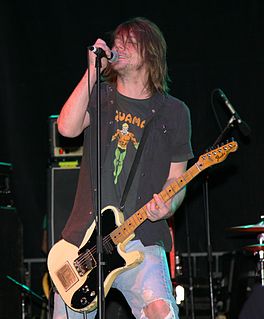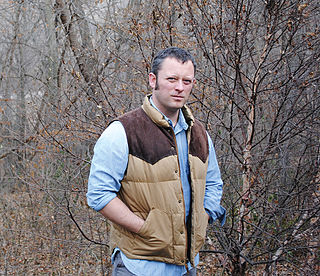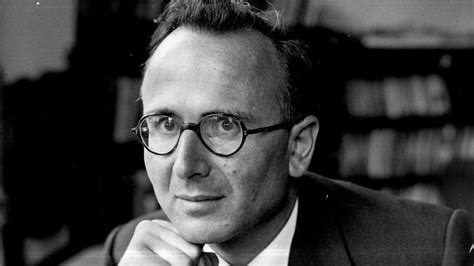A Quote by Ann Patchett
My novels are very much the same, as I think many people's novels are.
Related Quotes
In Pakistan, many of the young people read novels because in the novels, not just my novels but the novels of many other Pakistani writers, they encounter ideas, notions, ways of thinking about the world, thinking about their society that are different. And fiction functions in a countercultural way as it does in America and certainly as it did in the, you know, '60s.
People who know and read comics know that there's a huge diversity amongst the types of stories. Nobody ever goes 'how many more of these movies based on novels are there going to be?!'. People laugh at that question and they go novels, there are all different types of novels. But there are all different types of comic books, they just happen to have drawings on the cover!

































